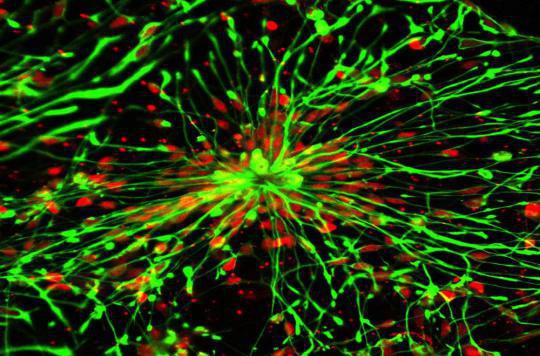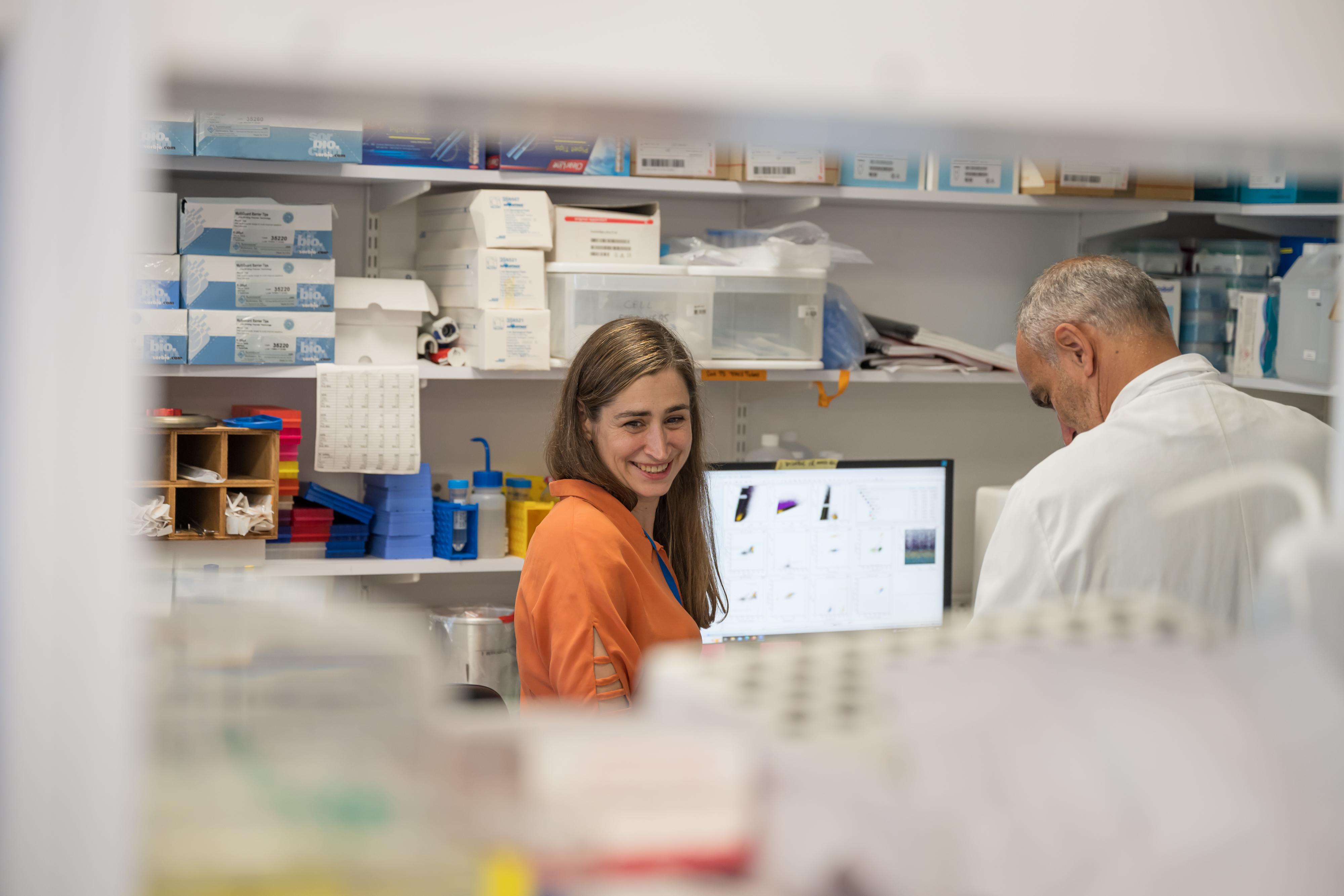This discovery could make it possible to set up the first clinical trial for transplantation of stem cells into the human brain by 2017.

A breakthrough has just been made by researchers at Lund University in Sweden. For the first time, stem cells implanted in rats have successfully mimicked the characteristics and functions of neurons that produce dopamine, according to a study in the journal Cell Stem Cell. Parkinson’s disease is caused, among other things, by the destruction of nerve cells that produce dopamine, a hormone that controls mood and movement.
For this experiment, the researchers simulated Parkinson’s disease in rats by destroying dopamine-producing neurons in one of the two hemispheres of their brain. They then transformed stem cells from human embryos into dopamine-producing neurons. Once implanted in the brains of the rats, the researchers realized that the damage was repaired.
Clinical trials within three years
“This study proves that we can produce fully functional neurons from stem cells. These cells have the same capacities as normal neurons, ”explains Malin Parmar, who led the study. “The next step is to produce the same cells for use in humans. We hope to be able to do so to start clinical trials within three years, ”he explains.
There has never been a clinical test in humans of neurons produced from stem cells. Human neuronal transplants from aborted fetuses, on the other hand, had already been tested. But these clinical trials had been abandoned after several uneven results.
.















